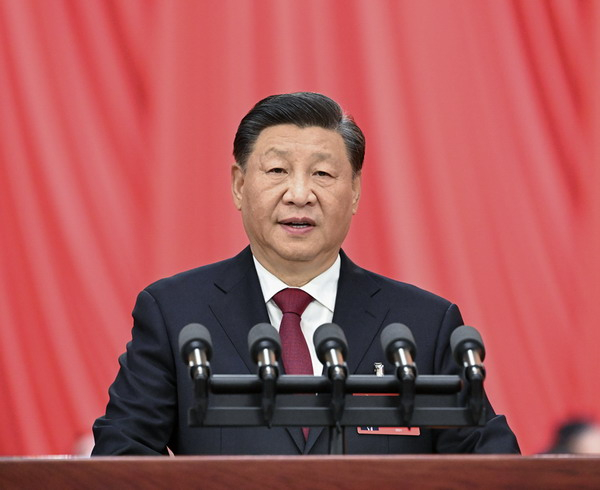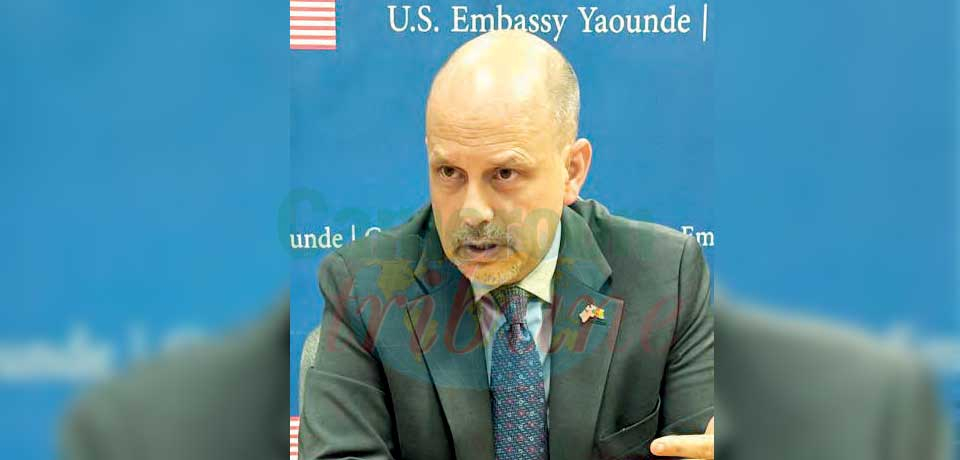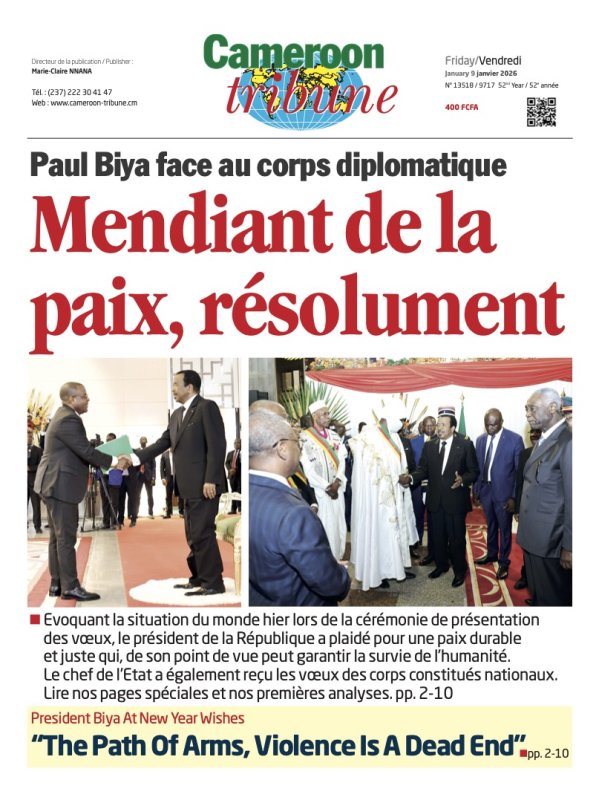Tackling Corruption As A Means Of Ensuring Progress
- Par Richard Kometa
- 02 Nov 2022 14:44
- 0 Likes

Over the years, the desire by man to pursue personal interest has often been so strong that those who hold public office often have hard times pulling their followers to rally behind a common development agenda.
Faced which tendencies by people to ignore public wellbeing, President Xi Jinping of the People’s Republic of China taken on the fight against corruption as one of the major pillars of his governance policies. Speaking at the recent week-long congress of the Communist Party of China (CPC), from 16-23 October, 2022 President Xi Jinping came qualified corruption as cancerous and declared his determination to wage an all out war against the ailment. Thus, news about the dismissal of some 200,000 officials of the CPC must have sounded a strong warning signal to anyone still lingering around the party with plans to undermine public interest.
As the most populous country in the world with some 1.4 billion people spanning five geographical time zones and having land borders with 14 different countries, there is the tendency that decisions taken by the leaders might not always get the same echoes throughout the country. That is certainly one of the factors that govern public discourse in China in terms of how firm the leadership may want to go in ensuring that the entire country should align behind common values.
Be it at the level of provinces, autonomous regions, municipalities, and other administrative areas in China, the watchword for all those who hold public office has been to guide against mismanagement and embezzlement. Such a desire has been strengthened by the current leadership with special emphasise laid on the development ambitions of China and a strong will to dissuade any attempt at deviating from public good. It is today common knowledge that in China, most people say that it is better for a thousand people to travel for one mile than for one person to travel a thousand miles alone. This wise words have in a way shaped that behavioural pattern of the common man in China and that has greatly contributed in forging a sense of collective wellbeing.
Be it policies generated form the political capital Beijing, the financial capital Shanghai, or other special administrative units in the country, the underpinning desire by leadership has been the desire to get the entire country out of poverty. Fighting to get everyone out of precarious living conditions therefore means tackling all malpractices that could hamper such lofty goals.
It was definitely on the strength of his resolve to ensure national interest that the General Secretary of the CPC, President Xi Jinping pointed out at the last party congress that: "Corruption is the biggest cancer that harms the vitality and combat effectiveness of the party, and anti-corruption is the most thorough self-revolution. As long as there is the soil and conditions for corruption, the fight against corruption will not stop for a moment."
With over 50 major urban centres each having a population density of between two million to 30 million inhabitants, it is easy to figure out how daunting the task of applying key policy issues can appear. Taking firm decisions at all level of managerial positions in the country can under such circumstances be the only way out for the people. Visible signs of the rewarding nature stringent managerial approach in the country has been the level of progress that the country has continued to attain over the years.
Cutting across provinces like Fujian, Jiangxi, Jiangsu, Guangdong and several others which African journalists have been privileged to visit and commune with the populations, it is difficult to meet a single community where the people still have children that cannot go to school. Even more, the people hardly talk of the lack of basic needs like health care facilities or housing problems.
Making children to grow up under such conditions inevitably fashion their world view and above all inculcate in such a generation the importance of pursuing the common good. Consequently, the social, economic and political life of the people have generally centre around the principle that every Chinese person should be able to have what to eat, where to sleep, modern hospitals for medical care that are strongly steeped in their traditional values and a variety of social welfare facilities. The people have not only been made to learn to protect structures that are meant to guarantee their wellbeing, they have gradually built such edifices to market the image of the country thereby serving as strong diplomatic vehicles for the spreading of Chinese conquering spirit in many countries.
The a...
Cet article complet est réservé aux abonnés
Déjà abonné ? Identifiez-vous >
Accédez en illimité à Cameroon Tribune Digital à partir de 26250 FCFA
Je M'abonne1 minute suffit pour vous abonner à Cameroon Tribune Digital !
- Votre numéro spécial cameroon-tribune en version numérique
- Des encarts
- Des appels d'offres exclusives
- D'avant-première (accès 24h avant la publication)
- Des éditions consultables sur tous supports (smartphone, tablettes, PC)














Commentaires